
Pin on Quote Me on This
Frantz Omar Fanon ( / ˈfænən /, French: [fʁɑ̃ts fanɔ̃]; 20 July 1925 - 6 December 1961) was a Francophone Afro-Caribbean psychiatrist, political philosopher, and Marxist from the French colony of Martinique (today a French department ). His works have become influential in the fields of post-colonial studies, critical theory, and Marxism.

Verso
Frantz Fanon's analysis of white negrophobic women's masochistic sexuality and sexual fantasies in Black Skin, White Masks, is, as T. Denean Sharpley-Whiting notes, among his most contentious work for feminists.Susan Brownmiller, in her 1975 classic Against Our Will: Men, Women and Rape, charges Fanon not only with hating women but also with being personally confused and anguished, on.

Frantz Fanon (19251961) was a philosopher psychiatrist and activist
Frantz Omar Fanon (fräNts ômär´ fänôN´), 1925-61, French West Indian psychiatrist, author, revolutionary, and leader of the Algerian National Front, b.Martinique. Educated in France, he went to Algeria (1953) to practice psychiatry. Sympathetic to the Algerian revolution from its inception (1954), Fanon resigned his medical post (1956) to become editor of the Algerian National Front's.
THE BLACK SOCIAL HISTORY BLACK SOCIAL HISTORY AFROMARTINIQUE
Frantz Fanon's Enduring Legacy The post-colonial thinker's seminal book, "The Wretched of the Earth," described political oppression in psychological terms. What are its lessons for our current.
THE BLACK SOCIAL HISTORY BLACK SOCIAL HISTORY AFROMARTINIQUE
Frantz Omar Fanon (20 July 1925, Fort-de-France, Martinique - 6 December 1961, Bethesda, Maryland, U.S.) was a Martinique-born Afro-French psychiatrist, philosopher, revolutionary, and writer whose works are influential in the fields of post-colonial studies, critical theory, and Marxism.
THE BLACK SOCIAL HISTORY BLACK SOCIAL HISTORY AFROMARTINIQUE
FANON, Frantz. Frantz Fanon was a psychoanalyst who used both his clinical research and lived experience of being a black man in a racist world to analyse the effects of racism on individuals -particularly on people of colour- and of the economic and psychological impacts of imperialism. Fanon is an important thinker within postcolonial and.
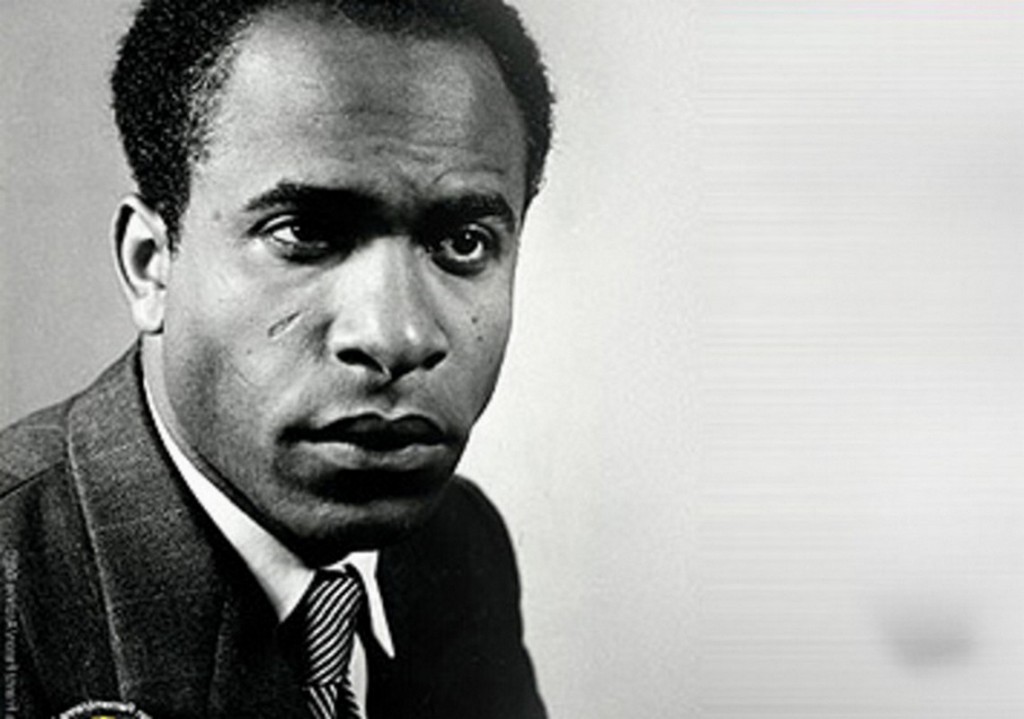
HISTORY Frantz Fanon The militant philosopher of Third World
Frantz Omar Fanon was born in 1925 in Fort-de-France, Martinique, a West Indian colony and later department of France. In high school, he studied under the Negritude poet Aime Cesaire, who nurtured his thinking on Black identity, the colony, and humanity. At age 18, Fanon traded poems for bullets and a uniform, joining the fight against the.
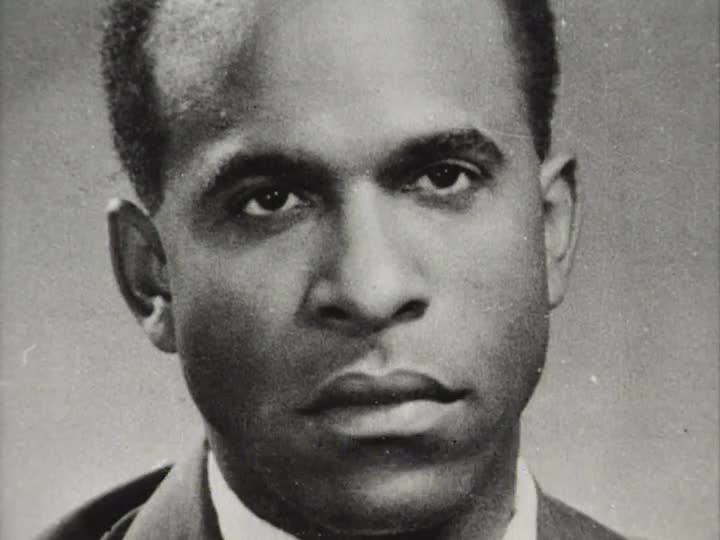
Frantz Fanon, géant de l’émancipation Le Nid
Frantz Fanon " Frantz Omar Fanon (1925-1961) was one of the most important writers in black Atlantic theory in an age of anti-colonial liberation struggle. His work drew on a wide array of poetry, psychology, philosophy, and political theory, and its influence across the global South has been wide, deep, and enduring.
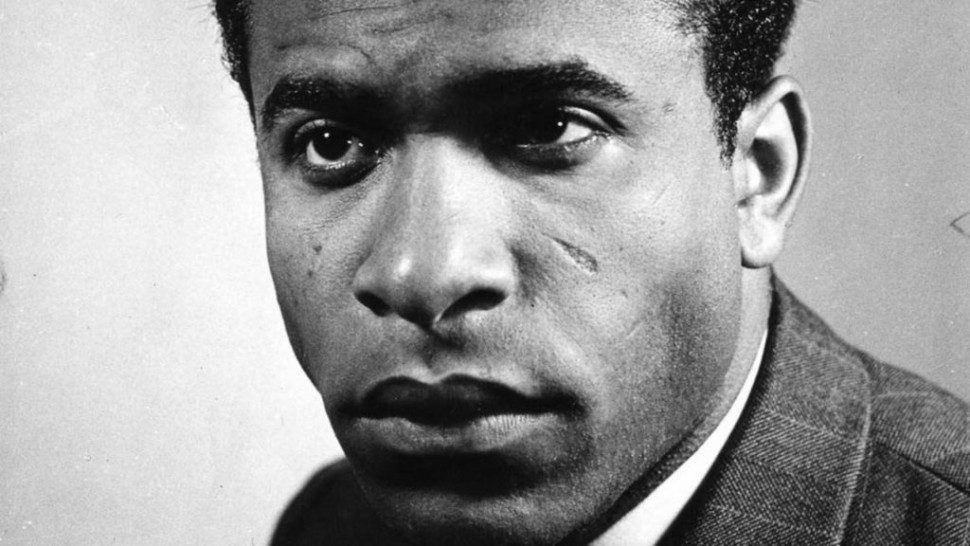
Frantz Fanon (An introduction in the Stanford Encyclopedia of Philosophy)
Two Sixtieth's for Fanon Lewis Gordon December 21, 2021 0 Photo from the Everett Collection. Frantz Marguerite Victor Fanon, whose adopted middle name was "Omar" during his participation in the struggle for national liberation in Algeria, died on December 6 th, 1961.

Frantz Fanon by Christopher J. Lee Book Read Online
Frantz Omar Fanon, a political philosopher and psychiatrist, is a pioneer of decolonial literature and theory, yet is often overlooked within the field of security studies and International Relations.. Born in the French overseas territory of Martinique in the Caribbeans, he was heavily influenced by the 'Negritude' movement. A movement led by black writers who joined together through the.

145. Present predicament The relevance of Frantz Fanon’s ideas 96
Biography. Frantz Fanon, writer, psychiatrist, activist, was born on 20 July 1925 at Fort de France, Martinique, at the time a French colony. His parents, who were of mixed heritage, belonged to the urban middle class. His father, Félix Casimir Fanon, worked in the French customs service; Eléanore Médélice, his mother, was a shopkeeper.
:max_bytes(150000):strip_icc()/Frantz_Fanon-58b8921b5f9b58af5c2e403d.jpg)
Black Scholars Who Influenced Sociology
Frantz Fanon : "I am black; I am in total fusion with the world, in sympathetic affinity with the earth, losing my id in the heart of the cosmos -- and the white man, however intelligent he may be, is incapable of understanding Louis Armstrong or songs from the Congo.
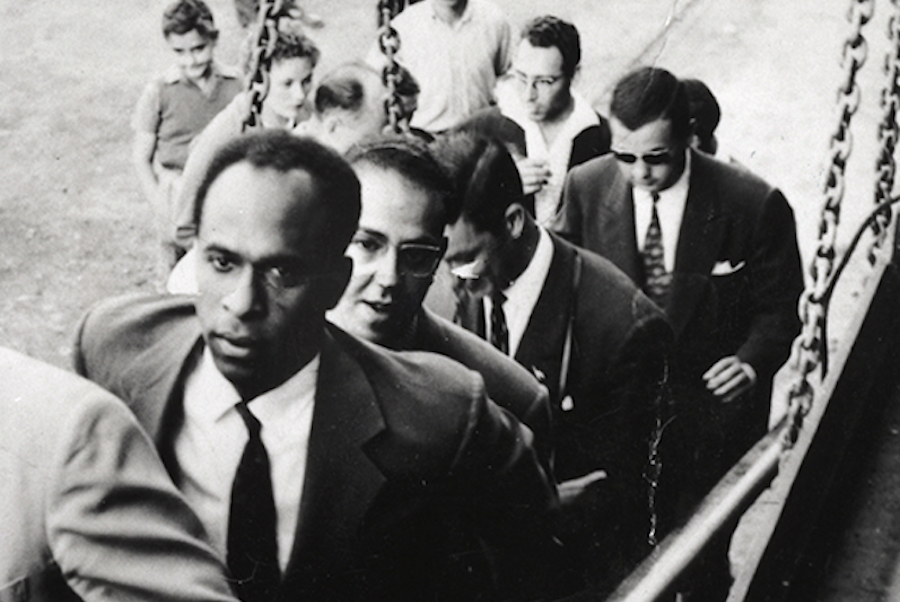
TRANSCEND MEDIA SERVICE » The Revolutionary Humanism of Frantz Fanon
Frantz Fanon was born in the French colony of Martinique on July 20, 1925. His family occupied a social position within Martinican society that could reasonably qualify them as part of the black bourgeoisie; Frantz's father, Casimir Fanon, was a customs inspector and his mother, Eléanore Médélice, owned a hardware store in downtown Fort-de.

Frantz Fanon (192561) Martiniqueborn Algerian French psychiatrist
Frantz Omar Fanon was a revolutionary political philosopher from the French colony of Martinique. His many works are highly influential and acclaimed in the disciplines of Post-Colonial Studies, Critical Theory and Marxism.
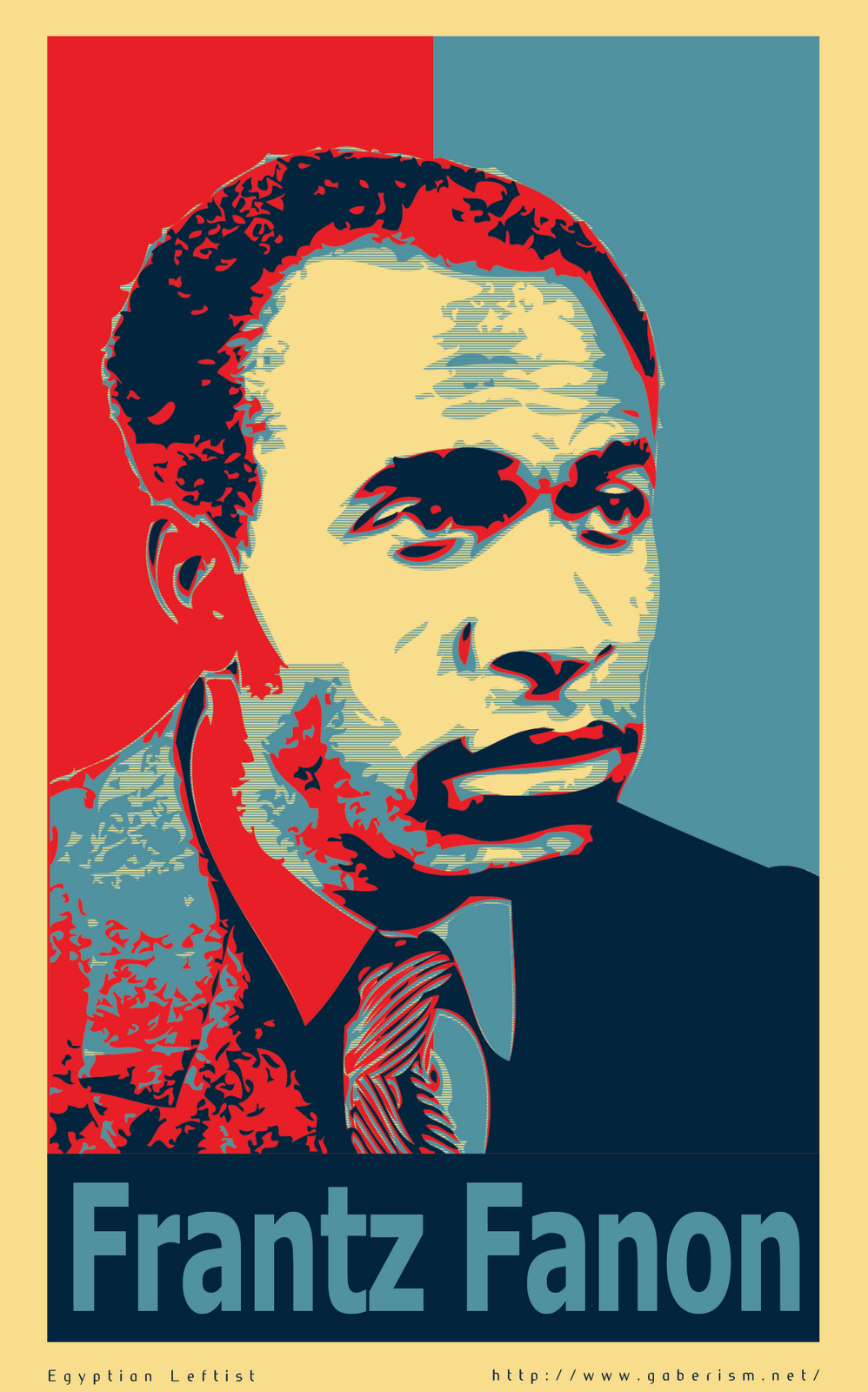
Cimarronaje, Africanías, Negritudes y Manumisiones FRANTZ FANON 50
Frantz Omar Fanon was a Francophone Afro-Caribbean psychiatrist, political philosopher, and Marxist from the French colony of Martinique . His works have become influential in the fields of post-colonial studies, critical theory, and Marxism. As well as being an intellectual, Fanon was a political radical, Pan-Africanist, and Marxist humanist concerned with the psychopathology of colonization.
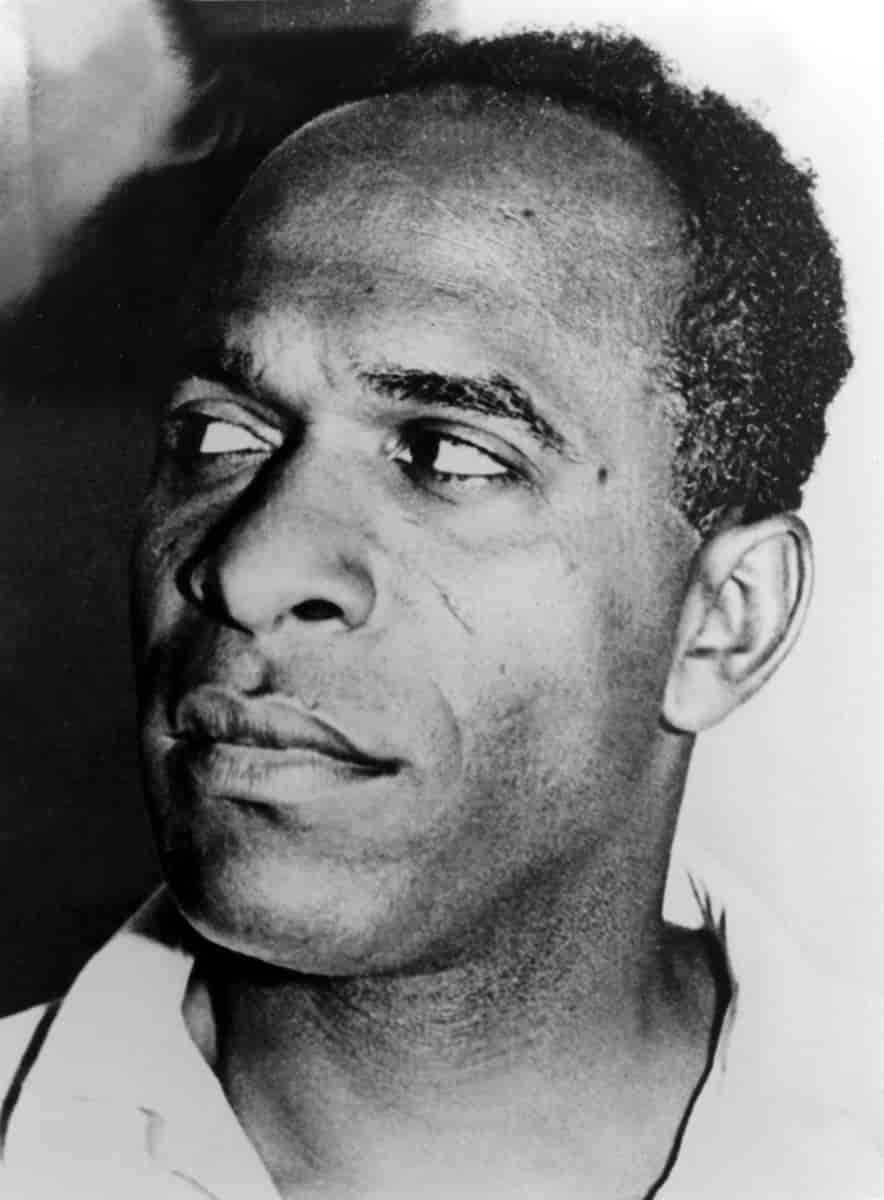
Frantz Fanon Store norske leksikon
Frantz Fanon (born July 20, 1925, Fort-de-France, Martinique—died December 6, 1961, Bethesda, Maryland, U.S.) West Indian psychoanalyst and social philosopher known for his theory that some neuroses are socially generated and for his writings on behalf of the national liberation of colonial peoples.